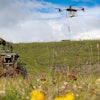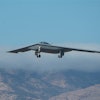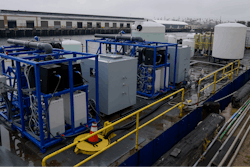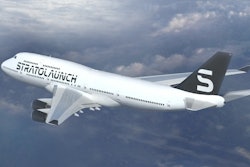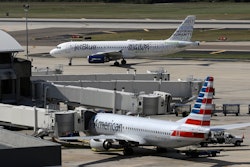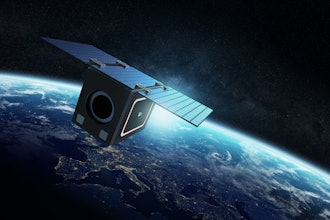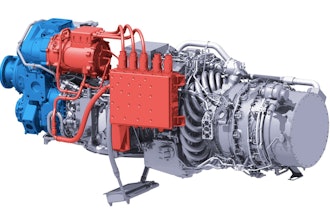
Jump Aero Incorporated in partnership with the California Institute of Technology (Caltech) has completed a Phase II Small Business Technology Transfer (STTR) research contract from the U.S. Air Force to develop and flight test an "electronic parachute" – an adaptive flight controller pre-trained in simulation for various failure scenarios with a machine-learned (ML) neural network. This technology enables advanced air mobility aircraft to experience smaller disturbances and improved controllability in the event of in-flight damage. It has the potential to improve safe outcomes without significantly increasing the training burden on the pilot. This research was sponsored by the Air Force Research Laboratory and the Agility Prime program to accelerate the commercial market for dual-use advanced air mobility vehicles.
In this Phase II effort, the performance of an adaptive/ML flight controller was flight tested against a static flight controller during in-flight failure scenarios to test the theory that the adaptive/ML controller could improve aircraft handling by preventing significant attitude deviation or altitude loss. Upon completion of the investigation, the adaptive ML controller outperformed the baseline controller in both vertical velocity error and angular deviation by 11% to 83% at all failure test points in which statistical data could be collected.
Jump Aero is developing the JA1 Pulse eVTOL aircraft to help first responders get to the scene of an emergency as fast as possible. The capabilities of the JA1 aircraft have significant potential defense utility. The research conducted as part of this AFWERX STTR contract has the potential to pave the way for safety enhancing flight control systems across the broad spectrum of Advanced Air Mobility.


